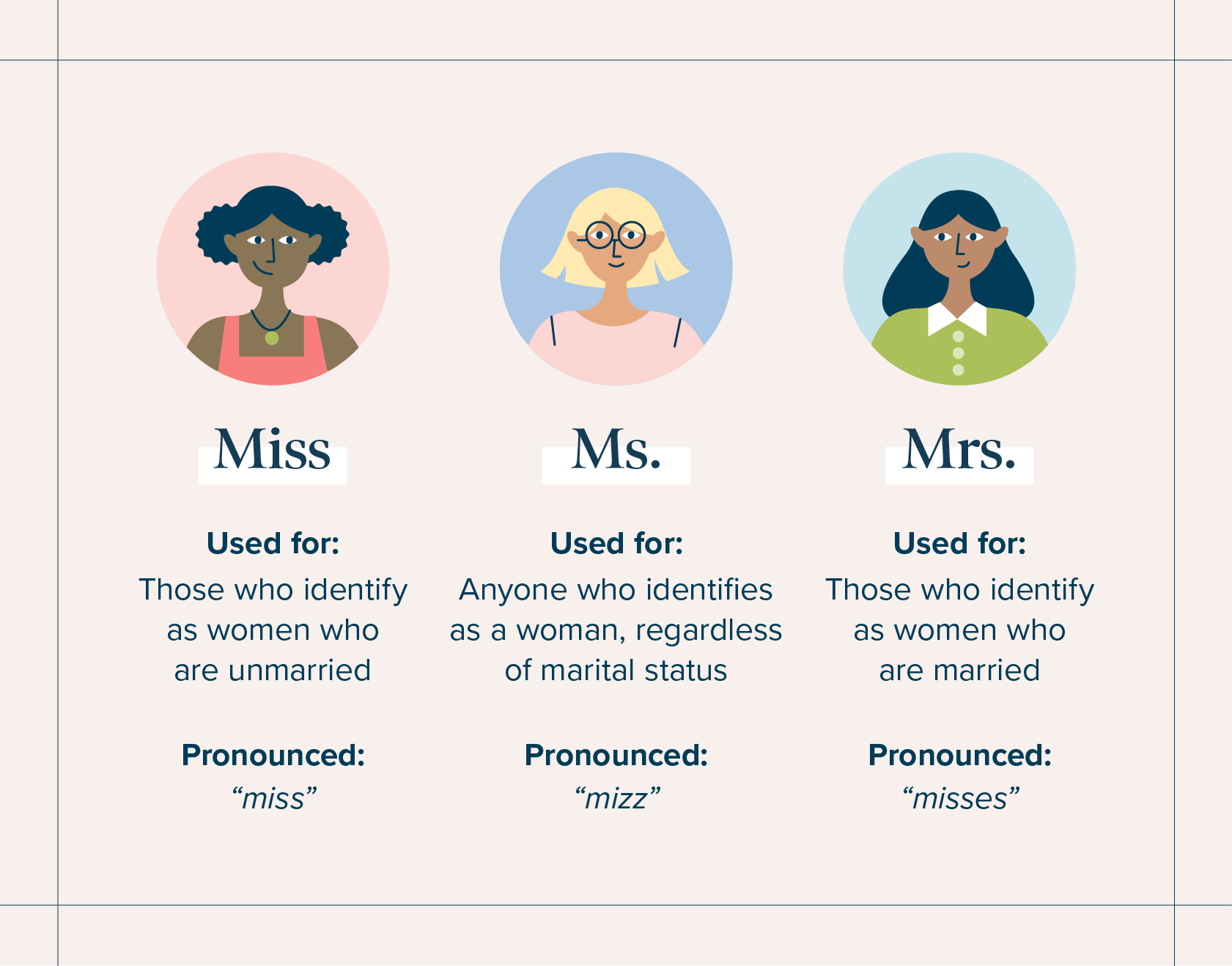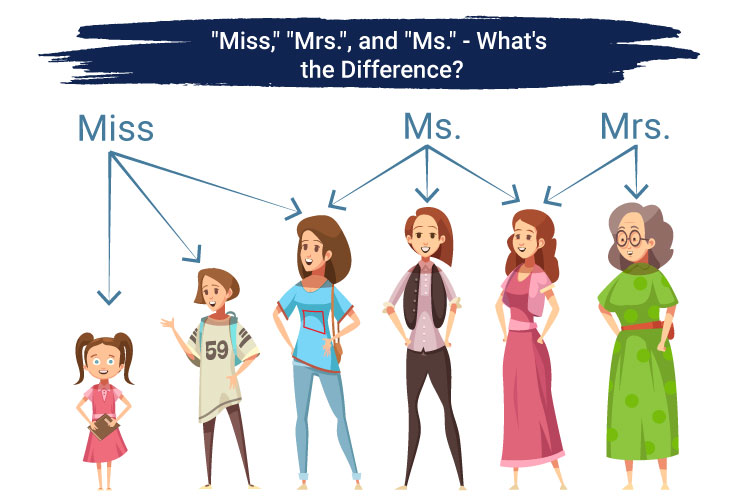It's almost natural, you know, to feel a bit curious about someone's financial standing, especially when a name like "Mrs. Rachel" pops up in a search. We often see headlines about public figures and their wealth, and it makes us wonder about others. So, when someone asks, "What is Mrs. Rachel's net worth in 2025?" it really does spark a lot of questions, doesn't it? People are always interested in money matters, and how individuals build their financial well-being over time, which is very understandable.
However, the truth is, determining the exact net worth for someone named "Mrs. Rachel" in 2025 presents a rather unique challenge. This isn't like looking up a well-known celebrity or a public business leader whose finances might be, in some respects, more transparent or at least subject to public scrutiny. For an individual like Mrs. Rachel, who isn't a widely recognized public figure, specific financial details are generally private, and that's actually how it should be, wouldn't you say?
Our goal here is to explore why this question is so difficult to answer directly, considering the nature of personal finances and the way information is shared. We'll also look at what "Mrs." even means, drawing from what we know about how titles are used, and how these things shape our perceptions. It's about understanding the big picture of net worth, not just for a hypothetical person, but for anyone, really, and the privacy that typically surrounds such personal information.
Table of Contents
- Who is Mrs. Rachel? The Elusive Figure
- The Art of Estimating Net Worth: A General Look
- Privacy, Public Information, and Future Speculation
- People Also Ask (FAQs)
- Conclusion
Who is Mrs. Rachel? The Elusive Figure
When we ask about "Mrs. Rachel's net worth in 2025," the very first thing that comes to mind is, well, who exactly is Mrs. Rachel? As a matter of fact, based on the information available to us, there isn't a widely known public figure or celebrity by this specific name whose financial details are openly reported. This is a crucial point, because nearly all reported net worth figures for individuals come from public sources, like financial disclosures for public officials, earnings reports for company executives, or estimates for celebrities based on their known income streams and assets. Without Mrs. Rachel being a public personality or having a specific role that requires financial transparency, her personal net worth would, quite naturally, remain private. It's just how personal finances work for most people, isn't it?
The name "Mrs. Rachel" itself doesn't point to any specific person in the public eye. It's a common name combination, and the "Mrs." title, as we'll discuss, just indicates marital status. This means that any attempt to put a specific number on her net worth for 2025 would be pure guesswork, completely unfounded. We don't have any data points, no income statements, no asset lists, no liabilities to consider. It's like trying to guess the color of a car that hasn't even been designed yet; there's simply nothing concrete to go on. So, it's pretty clear that this isn't a question that can be answered with a factual number.
The Title "Mrs." and its Significance
The title "Mrs." is, you know, a traditional way to refer to a married woman. It's short for "missus," and it has been used for a very long time, typically before a woman's name to show respect. In American English, it's "Mrs." [1], and in British English, it's also "Mrs." [2], [3]. This honorific has a long history, originating as a shorter version of "mistress," which, interestingly enough, was once used for both married and unmarried women in the upper classes. It's a title that, in some respects, has evolved quite a bit over time, but its core meaning remains.
Today, "Mrs." is still a common option on many official forms and documents, and many women still choose to use it. It signals marital status, distinguishing a married woman from an unmarried woman, who would traditionally be addressed as "Miss," or a woman whose marital status is unknown or irrelevant, for whom "Ms." is often used. So, when we see "Mrs. Rachel," it just tells us that Rachel is, or was, a married woman. It doesn't, in any way, provide clues about her profession, her financial background, or any other details that might help us understand her wealth. It's just a simple courtesy title, basically, nothing more.
It's important to remember that while "Mrs." indicates marital status, it doesn't give us any insight into a person's financial standing. Someone could be "Mrs." and have a modest income, or they could be "Mrs." and be incredibly wealthy. The title itself is neutral on that front. It's quite different from, say, a professional title like "Dr." which might suggest a certain career path, though even that doesn't tell you about wealth directly. The usage of "Mrs." is a matter of etiquette and tradition, a bit like your last name, but not a financial indicator at all.
Why Public Figures Have Known Net Worths (and Mrs. Rachel Doesn't)
When you hear about someone's net worth, like a famous actor or a business magnate, that information usually comes from very specific sources. These individuals are often in the public eye because their work or their roles naturally lead to public financial disclosures. For example, a CEO of a publicly traded company has their salary and stock options reported, and their assets might be estimated based on their investments. Similarly, very successful entertainers or athletes have contracts and endorsements that are often publicized, allowing financial journalists to, you know, make pretty good estimates of their earnings and overall wealth. It's a bit like an open book, in a way, for those who are truly famous.
On the other hand, for the vast majority of people, financial information is private. Your bank balance, your investments, your debts—these are personal details protected by privacy laws. There's no public database where you can just look up the net worth of "Mrs. Rachel" from down the street, or any other private citizen, for that matter. This privacy is, quite frankly, a fundamental right, and it means that unless someone chooses to make their finances public, or they are a public figure whose role demands transparency, their net worth remains a personal matter. So, it's just not something you can find out easily, or at all, for someone who isn't in the public sphere.
This distinction is key to understanding why the question about "Mrs. Rachel's net worth in 2025" cannot be answered. If Mrs. Rachel were, say, the CEO of a Fortune 500 company, or a globally recognized pop star, then yes, there might be ways to estimate her wealth based on public records. But since there's no indication she fits into any of these categories, her financial standing is simply not public knowledge. It’s pretty much like trying to guess how much money your neighbor has in their savings account; you just can't know, and you shouldn't expect to. This is why we can't provide a specific number for her, or for anyone who isn't a public figure.
The Art of Estimating Net Worth: A General Look
Even though we can't pinpoint Mrs. Rachel's specific net worth, we can certainly talk about what net worth means in general terms. Understanding how net worth is calculated and what factors influence it can be quite helpful, you know, for anyone thinking about their own financial health or just trying to grasp these concepts. Net worth is, basically, a snapshot of a person's financial situation at a particular moment. It’s a pretty simple formula at its core, but the details can get a bit complex. It’s all about what you own versus what you owe, and that really does make a difference in the overall picture.
It’s important to remember that net worth is not just about income. Someone might have a high salary but also significant debts, meaning their net worth isn't as high as you might expect. Conversely, someone with a modest income but who saves diligently and invests wisely might build a substantial net worth over time. It’s a comprehensive look at assets and liabilities, and it paints a much fuller picture than just looking at a paycheck. So, it's a very useful concept for anyone trying to understand their financial standing.
What Makes Up Net Worth? Assets vs. Liabilities
At its very simplest, net worth is calculated by taking everything a person owns (their assets) and subtracting everything they owe (their liabilities). It's a straightforward equation, but the items that fall into each category can be quite varied. Assets can include a lot of different things, like the value of your home, any real estate you own, money in savings accounts, checking accounts, investment portfolios (stocks, bonds, mutual funds), retirement accounts like 401(k)s or IRAs, and even valuable personal property like cars, jewelry, or art. So, there's quite a range of things that can be counted as assets, really.
On the other side of the ledger, liabilities are all the debts a person has. This typically includes things like a mortgage on a home, car loans, student loans, credit card debt, personal loans, and any other money owed to others. The goal, of course, is to have your assets significantly outweigh your liabilities, leading to a positive net worth. If your liabilities are greater than your assets, you have a negative net worth, which is, in some respects, a less desirable situation. So, it's all about balancing these two sides of the financial coin, you know.
To give you an idea, let's say someone owns a house worth $300,000 and has $50,000 in savings and investments. Their total assets would be $350,000. If they still owe $150,000 on their mortgage and have $10,000 in credit card debt, their total liabilities would be $160,000. In this example, their net worth would be $350,000 (assets) minus $160,000 (liabilities), which equals $190,000. This calculation, you know, gives a pretty clear picture of their financial health at that moment. You can learn more about personal finance strategies on our site, which can help with these calculations.
Factors Influencing Financial Standing Over Time
A person's net worth is rarely static; it tends to be a dynamic figure that changes over time, influenced by a whole host of factors. One of the biggest influences is income, obviously. How much someone earns from their job, investments, or other ventures directly impacts how much they can save and invest. But it's not just about earning; it's also about spending habits. Someone who earns a lot but spends even more might struggle to build wealth, whereas someone with a moderate income who lives below their means can accumulate significant assets. It's really about the choices you make with your money, you know.
Investment performance is another really big factor. If someone has money in the stock market, their net worth can go up or down depending on how those investments perform. Real estate values also play a significant role, as a primary residence is often a person's largest asset. Changes in the housing market can have a considerable effect on net worth. Life events, too, have a pretty big impact. Things like getting married, having children, buying a home, changing jobs, or facing unexpected medical expenses can all shift a person's financial standing, sometimes quite dramatically. So, it's a very fluid situation, overall.
Then there are broader economic conditions. Inflation can erode the purchasing power of savings, while economic growth might create opportunities for higher earnings or investment returns. Interest rates also matter, affecting the cost of borrowing and the returns on savings. All these elements combine to create a person's financial trajectory. It's not just one thing, but a whole collection of things that shape someone's wealth over time. This is why projecting a net worth for 2025 without any current information is, frankly, impossible, because so many variables are at play.
The Challenge of Future Projections (especially for 2025)
Projecting anyone's net worth into the future, especially for a specific year like 2025, is incredibly difficult, even for public figures where some data is available. For someone like Mrs. Rachel, about whom we have no current financial information, it becomes, quite literally, impossible. Think about it: we'd need to know her current assets and liabilities, her expected income, her spending habits, her investment strategies, and even the general economic outlook for the next few years. That's a lot of unknowns, isn't it?
The future is, you know, inherently uncertain. Market conditions can change rapidly, personal circumstances can shift unexpectedly, and global events can have unforeseen impacts on individual finances. A person's career path might take a different turn, or they might face unforeseen expenses. All these factors make any precise prediction about future net worth nothing more than a wild guess. So, while we can discuss general principles of financial growth, applying them to a specific, unknown individual for a future date is simply not feasible. It's just too many variables to consider, apparently.
Privacy, Public Information, and Future Speculation
The core reason we cannot provide "What is Mrs. Rachel's net worth in 2025?" is, quite simply, privacy. Most people's financial lives are, and should be, private. This is a fundamental aspect of personal freedom and security. Unlike, say, a publicly traded company that has to disclose its earnings and assets, an individual's financial standing is not typically a matter of public record. Unless Mrs. Rachel chooses to share her financial details, or she achieves a level of public prominence that necessitates such disclosures, her net worth will remain her own business. It's pretty much a given for anyone who isn't a celebrity or a high-ranking public official, you know.
The only hint of a "Mrs. Rachel" in our provided text comes from a mention of a crossword clue dated July 29, 2025, referencing "Mrs. Smith star Lombard." This suggests a fictional or perhaps a very specific, niche reference, likely not related to a real person whose net worth would be publicly tracked. The crossword clue itself points to a date in the future, which just adds another layer of speculation. It doesn't give us any actual financial data, just a future date for a puzzle. So, it's not a factual lead to her wealth, is that clear?
Any speculation about her net worth, especially for a future date like 2025, would be entirely baseless and irresponsible. Financial estimates for public figures are often derived from publicly available information, such as salaries, known investments, and business ventures. For a private individual, such data is simply not accessible. We can't just invent numbers, and honestly, it would be quite wrong to do so. It's just not how factual reporting works, as a matter of fact. The question itself highlights the natural human curiosity about wealth, but it also underscores the boundaries of what can be known about private individuals.
People Also Ask (FAQs)
Given the nature of this inquiry, here are some common questions that arise when trying to determine the financial standing of an unknown individual, particularly for a future date:
How is net worth typically calculated for individuals?
Net worth is calculated by taking a person's total assets—things they own like cash, investments, real estate, and valuable possessions—and subtracting their total liabilities, which are all their debts, such as mortgages, loans, and credit card balances. The resulting figure gives you a snapshot of their financial health at a specific point in time. It's a pretty straightforward formula, basically, that helps you see where you stand financially.
Why is it so difficult to find someone's personal net worth?
It's very difficult because personal financial information is private. Banks, investment firms, and



Detail Author:
- Name : Finn Pfannerstill
- Username : caesar55
- Email : pturcotte@gmail.com
- Birthdate : 1983-09-25
- Address : 8292 Mafalda Fort Apt. 214 Lake Liam, DC 60758-8541
- Phone : 364-909-9275
- Company : Runolfsdottir-Mosciski
- Job : Waiter
- Bio : Quis voluptatem iste explicabo alias repudiandae non. Aut illum ut quo sed esse a. Et voluptatem ad aut enim. Quia repellat odit ut error et ipsam.
Socials
twitter:
- url : https://twitter.com/friesenh
- username : friesenh
- bio : Nulla quia quod placeat quia excepturi quidem magni. Ex exercitationem accusamus et eum ab deleniti. Rem repudiandae dolores voluptatem et maiores totam.
- followers : 590
- following : 1078
linkedin:
- url : https://linkedin.com/in/hester_dev
- username : hester_dev
- bio : Fuga repudiandae aliquam ipsa nihil.
- followers : 6579
- following : 1115
facebook:
- url : https://facebook.com/hester3186
- username : hester3186
- bio : Autem optio aliquid consequatur placeat consequatur voluptates nihil.
- followers : 2524
- following : 2679
instagram:
- url : https://instagram.com/friesenh
- username : friesenh
- bio : Ut corporis ut accusamus deleniti ab ab. Velit repellat nostrum non voluptates deserunt sit libero.
- followers : 1193
- following : 2991

